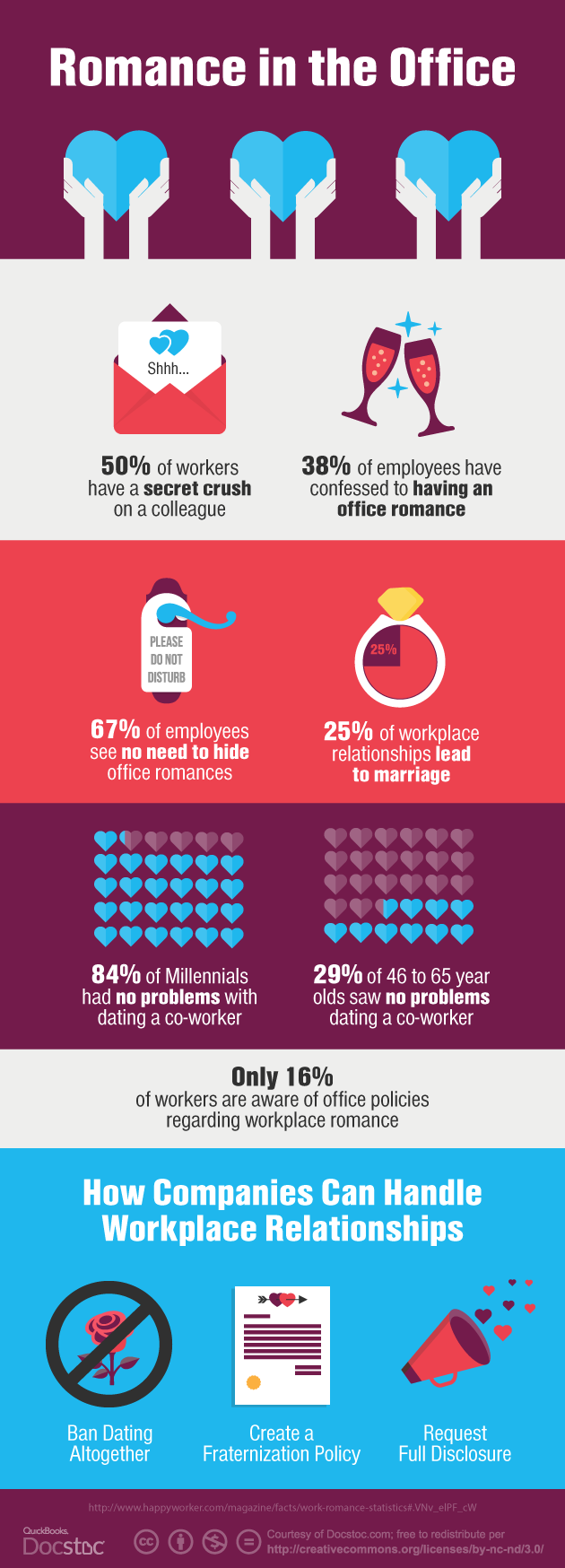No Gambling At Work Policy
Workplace Gambling Policy talking points Workplace Gambling Policy talking points In Iowa 88% of the population has gambled in the past 12 months. Out of the population in Iowa, 3% are pathological gamblers, which is the most severe manifestation of a gambling disorder. The gambling clauses set out that ads for gambling products should not portray gambling as indispensable or as taking priority in life, for example over family, friends or professional or educational commitments (Rule 16.3.5) and should not condone or feature gambling in a working environment (Rule 16.3.6). Policy Examples in Doc; Customer Service Policy Examples; The telecommuter can basically work anywhere aside from the comfort of their homes, such as coffee shops and libraries, as long as he or she has the access to the internet, he or she has a phone, web cameras and instant messaging that enables him or her to become a telecommuter, hence the term “telecommuting” because the.
Practice Note
Gambling is prohibited by three federal laws—the Professional and Amateur Sports Protection Act of 1992, the Interstate Wire Act of 1961 and the Unlawful Internet Gambling Act of 2006—which outlaw betting on professional or amateur sports (with exceptions for a few states) and using the Internet for interstate wagers and unlawful gambling. Because placing sports wagers is illegal in most states, allowing your employees to engage in online betting, possibly with out-of-state employees, violates these laws.
State laws vary. A few states allow small pools that limit entry fees and forbid the “house” (the employer) from keeping any winnings; however, federal laws will still apply.
Most workplace policies will prohibit gambling, some with a few exceptions, such as donating all winnings to a charity or creating no-entry-fee pools in which the employer provides a prize.

Objective
[Company Name] prohibits most forms of gambling in the workplace, including professional or organized gambling activities. Where federal and state laws allow, the company may allow exceptions to this prohibition for [Company Name]-sponsored events supporting a charitable or fundraising cause.

Employees must seek the approval of the human resource (HR) department prior to engaging in any gambling activities. Failure to comply with this policy may result in disciplinary action, including possible termination of employment.
The HR department ensures that [Company Name] is in compliance with all applicable federal, state and local gambling laws.
Author: Jessica Sussman
When to Use
Employees are often the face of the employer's organization, projecting a public image to customers, clients and colleagues. As a result, employers often require certain grooming standards for employees, especially those with significant customer or client contact. A grooming policy should reflect the needs of the employer while not unnecessarily restricting employee individual expression. The more formal or professional the culture, and the more employees interact with individuals outside of the workplace, the greater the need for employers to have a policy governing employee grooming and hygiene. Additionally, some organizations, especially those that require employees to operate heavy and dangerous machinery, may require grooming standards to satisfy safety hazards.
Customizable Policy
Grooming Policy
- Purpose - This policy has been developed to ensure that all employees understand the importance of appropriate grooming and hygiene in the workplace or when otherwise representing [Enter Employer Name]. The standards of grooming and hygiene outlined below set forth the minimum requirements to which all employees, contract workers, and temporary staff are required to adhere.
- Statement of Policy - [Enter Employer Name] recognizes that the presentation of its employees in the workplace contributes to a professional environment and the public image that has contributed to the success of the [Enter Employer Name]. Therefore [Enter Employer Name] expects employees to be well-groomed and professional in appearance when coming to work or engaged in work-related tasks with customers, clients, and colleagues.
- Hygiene - Every employee is expected to practice daily hygiene and good grooming habits as set forth in further detail below.
- Hair - Hair should be clean, combed, and neatly trimmed or arranged. Unkempt hair is not permitted. Sideburns, mustaches, and beards should be neatly trimmed. Non-traditional hair colors are not permitted.
- Make-Up - Make-up must be professional and conservative.
- Fragrance - Recognizing that employees and visitors to the workplace may have sensitivities or allergies to fragrant products, including but not limited to perfumes, colognes, fragrant body lotions or hair products, [Enter Employer Name] is a fragrance free workplace. Fragrant products that may be offensive to others should be used in moderation out of concern for others in the workplace.
- Nails - Hands and nails should be clean and conservatively manicured.
- Jewelry - Employees may wear tasteful jewelry in moderation. The size and/or number of earrings, rings, necklaces, and bracelets may be determined at the department level based on specific job functions, operational, and safety factors. Where job duties present any type of safety risk, jewelry may be prohibited or severely limited. In other areas, moderate (including size and amount) jewelry may be worn. No other visible body jewelry/body piercings may be worn while an employee is in the workplace.
- Tattoos - No visible tattoos or other body art (such as surgically implanted ball bearings, spikes, and the like) are permitted in the workplace. Exceptions may be made for employees who have small, non-offensive tattoos that cannot easily be covered by standard clothing (i.e., wrist, neck, etc.). All exceptions require the approval of [Enter Appropriate position].
- Violations - Violations of this policy will result in discipline, up to and including termination.
- Exceptions - Employees seeking an exception from any of the above standards should speak with [Enter Appropriate Employer Representative].
Tips
Employers are generally permitted to have and enforce grooming and hygiene standards in the workplace that apply to all employees or employees with certain jobs, even if they conflict with an employees religious beliefs. Employers should keep in mind, however, that inconsistent application of a Grooming Policy could lead to claims of discrimination. For example, if an employer's Grooming Policy permits certain types of facial hair, but not a beard required by an employee's religion, this inconsistent application could lead to allegations of discrimination. If all beards are not permitted because of a safety risk, then the employee would not have grounds to claim he was the victim of discrimination.
In such situations, the employer should rely on the Exceptions section of the Grooming Policy and strive to reasonably accommodate the employee's religious belief or medical situation, unless doing so would result in an undue hardship. As with any policy, consistent application is critical.
No Gambling At Work Policy 2019
Having a Grooming Policy that is detailed will avoid claims that employees feel singled out when it comes to grooming standards as the employer has made its policy universally understood in a written policy. Moreover, if employees are aware of the employer's expectations with regard to grooming and hygiene, this could avoid potential infractions. The policy should adhere to government standards, as well as legitimate business reasons which vary depending on the industry and culture of the workplace.
An increased number of employees in today's workforce have some form of piercing or tattoo. However, tattoos and body piercings are generally considered to be personal expressions rather than religious or cultural expressions. Therefore, employees who choose to wear body piercings or tattoo are generally engaging in personal and individual expression rather than a religious right. Thus, most policies which prohibit tattoos and body piercings will be generally enforceable.
No Gambling At Work Policy Template
Warnings


No Gambling At Work Policy 2020
While jewelry is a form of personal expression, it also may cause safety risks in the workplace. In such situations, the Occupational Safety and Health Administration (OSHA) offers guidelines for the safe use of and suggestions for when jewelry should not be worn. For example, dangling jewelry can create a safety hazard. Similarly, hair that is not tied back may cause safety concerns. Wearing jewelry when operating machinery can cause risks, including jewelry becoming caught in the equipment, electrocution, and the transfer of unwanted heat to the body. Employers should highlight these risks to employees and clearly address them in the grooming policy if applicable.

Employers should also keep in mind that safety concerns related to jewelry do not only apply to jobs in which employees operate machinery. For example, those working with children should not wear sharp jewelry as there is a potential to injure a child. Additionally, employees who work with chemicals risk adverse reactions between the chemicals and the jewelry.
Further, an employer should be aware that it may be required to provide accommodations to dress code, grooming or appearance policies based on religious beliefs or practices. Employees may be permitted to wear head coverings, certain hairstyles or facial hair or observe religious prohibits against wearing certain garments. An employer must engage in the interactive process and make a good faith attempt to provide an accommodation if doing so would not create an undue hardship such as a threat to health, safety or security, increased cost to the employer, decreased workplace efficiency or an unjust burden on other employees. Each request should be evaluated on a case-by-case basis. An employee's request for a religious accommodation may not be denied based on co-worker jealousy or customer preference. Also, an employer may not deny an applicant a position or assign an employee to a non-customer facing positing because the individual wears religious attire, presents the wrong image or makes others uncomfortable. Even if an employer grants a request for a religious accommodation to its dress code, it may still enforce its dress code for other employees who do not request a religious accommodation. An employer does not need to have actual knowledge of an individual's need for a dress code accommodation based on religion or receive a request for an accommodation to be liable for religious discrimination and failure to accommodate. The focus in on the employer's motivations. An individual seeking to establish a discrimination claim is not required to show that the employer had actual knowledge of the individual's need for an accommodation and must only show that the need for an accommodation was a motivating factor in the employer's adverse employment decision.